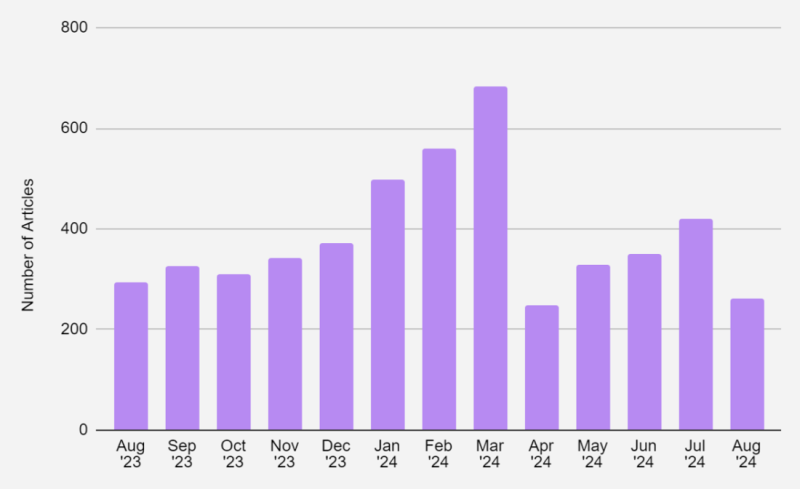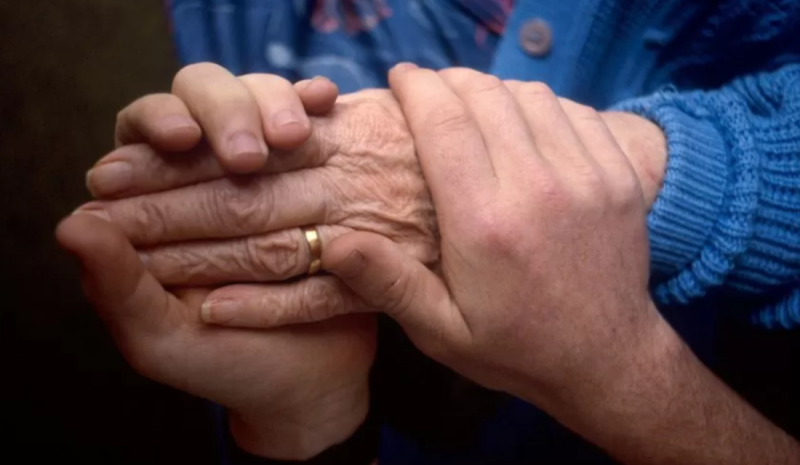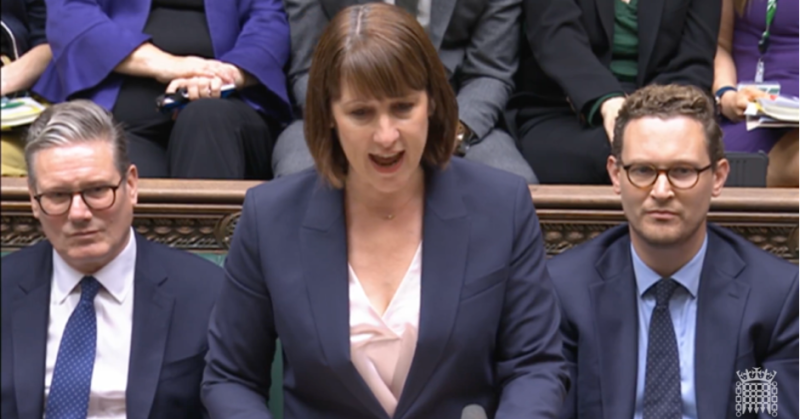Introduction
In this edition of Bridgehead Social Care's monthly news round-up we examine the adult social care sector's news coverage over the past month.
Between 1 and 30 August, references to 'adult social care' appeared in 262 unique media articles across the UK, a figure 38 per cent lower than July's coverage statistics, which stood at 420 articles.
For context, the chart below plots mentions of adult social care on a month-by-month basis over the past 12 months.

Coverage in August focused on several key recurring themes concerning the problems relating to local authorities struggling to maintain financial stability whilst coping with increasing demand for services, including adult social care. However, there was also a spike in coverage relating to unpaid carers, a demographic routinely ignored by governments, many of whom continue to be adversely affected by strict Carer's Allowance earnings limits. A second growing area of media attention was around the issue of care visas which have been subject to new restrictions around bringing dependants into Britain.
Building on from that, a central focus of news outlets, including Sky News, The Guardian, The Independent and BBC News, focused on the effect of the ban on care workers' dependants being allowed on the Health and Care Worker Visa as part of its bid to reduce record levels of net migration which reached 764,000 on an annualised basis. Provisional figures from the Home Office suggest the number of migrants applying for health and care worker visas dropped by 80 per cent to 2,900. The Home Office said it would "ensure we train up our homegrown workforce and address the shortage of skills".
However, there remains concern in the sector over the effect this may have on an already underfunded and stretched care system. Vacancies in the care sector have fallen from record levels but remain near ten per cent, or at 152,000. Such an enormous reduction in foreign workers entering care will likely, in the short-term at least, lead to further difficulties in recruitment. Nonetheless, problems with the care visa have also become clearer over the past 24 months. Perhaps worst of all is the shocking abuse of the scheme both to exploit migrants and the visa system as a whole.
The new Labour Government appears committed to maintaining the policies implemented by the previous Conservative administration with regards to migration. It's unclear whether Labour's other social care policies, namely around a National Care Service and sector-wide wage bargaining, will help mitigate the effects of this decline in foreign care workers entering the UK.
Home Care Insight reported on the expected growth in demand for social care services and the need for greater staffing in the years ahead. It's estimated by Skills for Care that an extra 540,000 care workers will be needed by 2040 to deal with demand, not including the over 150,000 vacancies already present in the sector.
According to The i, Labour is receiving criticism from Lord Norman Warner, a crossbench peer who served as a Minister in the Department for Health under Tony Blair and sat on the 2011 Dilnot Review into social care, who said the system would remain “unfair and unfixed” as long as the problem was not tackled. This comes in the wake of the Government's decision to axe the delayed cap on social care costs.
Meanwhile, Social Care Today has published a new study from Mobilise which shows nearly half (47 per cent) of all unpaid carers in the UK have never had a break from their caring responsibilities. This follows the recent introduction of the Carer's Leave Act in April which gives carers the right to unpaid leave each year.
In other news, The Independent reported that leading social care sector providers and representatives have told Chancellor Rachel Reeves that around £8.6 billion a year in higher funding in needed to support local authorities to finance social care costs and prevent the sector from collapsing.
Home Care Insight - New report says an extra 540,000 social care staff are needed by 2040 to meet rising demand

The Skills for Care report reveals that an additional 540,000 social care staff will be required by 2040 to meet rising demand. The Independent Care Group (ICG) has called this shortage a wake-up call for the new government, stressing the urgency of reform and better workforce planning. Additionally, Karolina Gerlich, CEO of The Care Workers’ Charity, noted a decrease in vacant posts, largely due to international recruitment, but cautioned that this alone is not sufficient. She stressed the need for better support for international recruits and significant investment in training, development, and incentives for long-term staff.
The i - Labour social care cap U-turn ‘highly misguided,’ says Lord Warner

Former health minister Lord Norman Warner criticised Labour's decision to scrap plans for social care reform, calling it "misguided." Warner, who served as a Minister under Tony Blair and was involved in the 2011 Dilnot Review, argued that the social care system will remain "unfair and unfixed" without addressing its problems, which are also contributing to issues in hospitals. According to Age UK, 2.6 million people over 50 in England cannot access needed care, leading to hospital backlogs. Warner emphasised that fixing social care requires about £12 billion per year, rather than the Royal Commission or National Care Service proposed by Labour. He warned that relying on the current system to fund social care is inadequate.
Social Care Today - 47 per cent of UK unpaid carers have never had a break

A new study by Mobilise reveals the severe challenges faced by unpaid carers in taking breaks from their responsibilities. The survey, which included 183 unpaid carers, found that nearly half (47 per cent) have not taken a break since they began their caregiving duties, while 19 per cent haven't had a holiday in over six months. Only 29 per cent managed to take a break within the last three months. Factors such as lack of support and poor disability access were cited as major barriers to taking time off. The findings arrive as the UK government faces increasing pressure to improve support for the 10.6 million people caring for loved ones.
BBC News - Big fall in migrant visa applications after changes

The number of overseas workers, students, and their families applying for visas to come to the UK has dropped by a third in the past 12 months due to rule changes introduced by the Conservative government. Home Office figures show visa applications fell from 141,000 in July 2023 to 91,000 last month, with a dramatic 80 per cent decrease in health and care worker visa applications. The government defended these restrictions, stating they would help develop a domestic workforce and address skill shortages. However, critics warn of the potential negative impact on sectors like health and social care, which rely heavily on international workers. Nadra Ahmed, of the National Care Association, warned that the sector could face unsustainable staffing levels as workers return home or move to countries with more favorable immigration environments.
The Independent - Reeves warned she faces £8.6bn annual bill to save ‘broken’ social care sector

Labour has been criticised for cancelling a planned cap on social care costs, with the £1.1 billion savings deemed "small change" compared to the estimated £8.6 billion needed to address the sector's significant challenges. Age UK, Carers Trust, and Sense have pointed out that the Health and Social Care Select Committee's 2020 recommendation for £7 billion annually to fix the sector now equates to £8.6 billion when adjusted for inflation. This funding would be used to improve pay and recruit additional social care workers, as well as to implement a lifetime cap on care costs, the very measure recently scrapped by Labour. Liberal Democrat spokesperson Daisy Cooper also criticised the previous Conservative government for failing to address the social care crisis and called for cross-party cooperation to find a sustainable solution.
